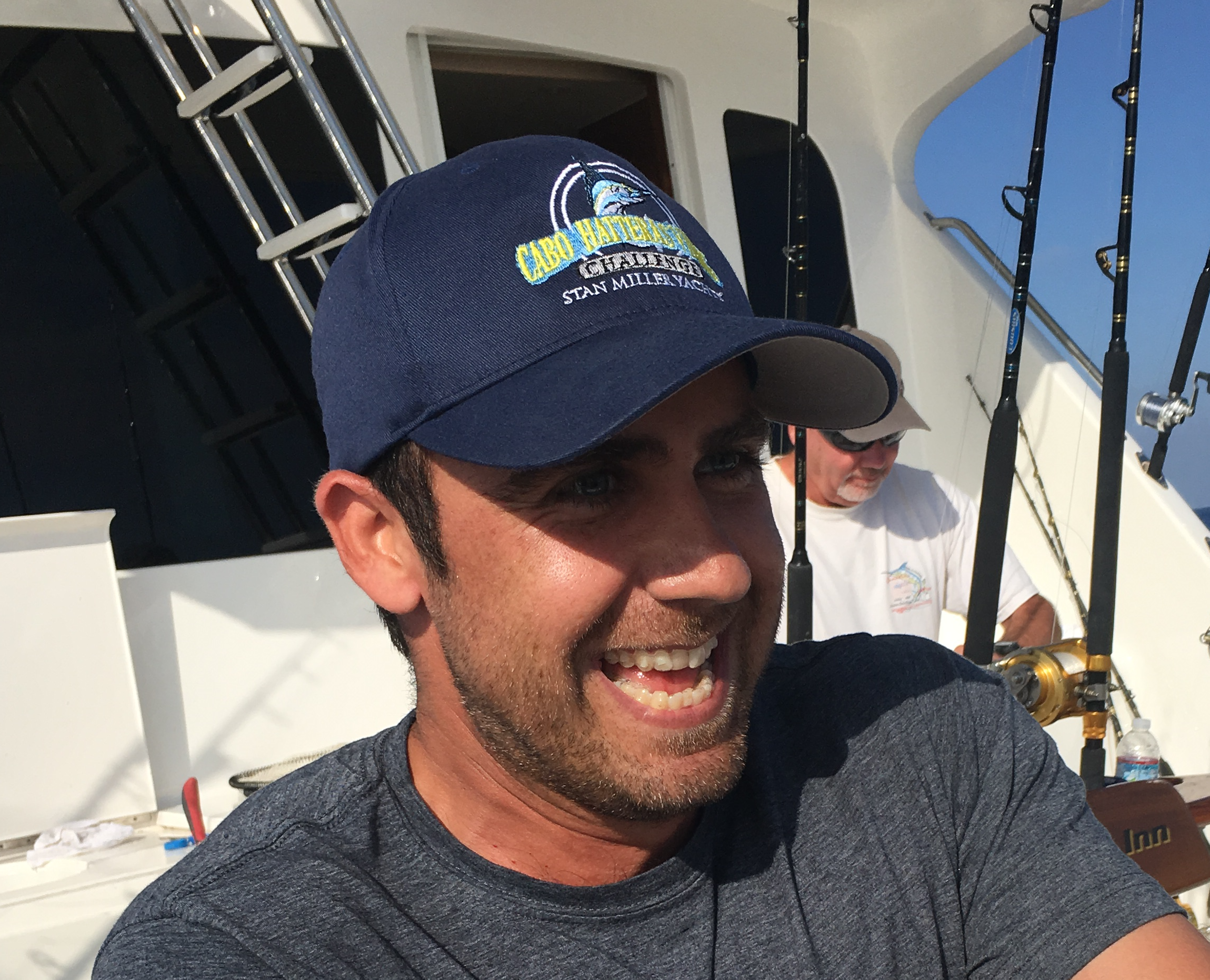examining stablecoin stability
Lately there has been renewed excitement and interest around stablecoins. This is partly due to some recent developments, including but not limited to: a crypto-friendly incoming administrative regime here in the United States as well as potentially clarifying legislation like FIT21 new issuance and adoption of stablecoins by large incumbent fintech players like PayPal’s PyUSD payment processor Stripe’s recent $1B+ acquisition of stablecoin infrastructure company Bridge and Y Combinator’s recently expanded request for startups adding stablecoin finance as an area of interest ...
data engineering as revenue enablement
Calling data engineering a cost center is outdated. In today’s world, without high quality data, you simply cannot stay competitive. This has become even more apparent with the rise of data hungry AI companies, where data essentially is the business. I define data engineering as preparing and transforming data from any source into a useful form for a business purpose including but not limited to analysis, reporting, monetization, product development, marketing, and decision making. It’s about building and maintaining the infrastructure to make data useful at scale. There are many definitions and interpretations of data engineering, but this is the one I have in mind here. ...
responsible data monetization
This draft outlines principles and guidelines for responsible data monetization. It is intended to serve as a reference point for organizations looking to monetize data in ethical, transparent, and compliant ways. This is not legal advice, and organizations should consult with legal and compliance experts to ensure that their data monetization practices are in line with local laws and regulations. This field is rapidly evolving. Responsible data monetization has the potential to unlock medical breakthroughs, support sustainable practices, improve access in underserved communities, drive economic growth and a lot more. ...
ranking top github oss projects by commercial viability
DISCLAIMER: This ranking list is an ongoing work-in-progress and was inspired in part by Two Sigma’s Open Source Index and GitHub’s Trending. It is not some kind of official ranking and is for educational purposes only (my own!). This initial ranking has some known issues that need to be addressed including but not limited to: 1) the model and ranking has a bias for older established projects with a longer history of activity, 2) manual data cleaning was necessary to exclude certain types of projects which is error prone, 3) the “commercial viability” measure is too simple, 4) how OSS projects that already have a commercial model should be handled and whether or not they should be excluded altogether. ...
2024 analysis of board composition in the magnificent 7
A quick analysis of how the “Magnificent Seven” companies (Apple, Microsoft, Alphabet, Amazon, Nvidia, Meta Platforms and Tesla) compose their boards and how that might influence governance and decision-making. Older, more experienced board members are preferred with the average board member age being 62. Over 55% of board members are 61 or older and less than 12% are aged 40-50. Preferred board size is consistent, with an average board size of 9 members, ranging from 7 members to 12 members. ...
using inversion to identify good businesses
What attributes would the worst, least desirable businesses have? This way of thinking is surprisingly helpful for figuring out what good businesses should look like. Here’s what a high risk or bad business might look like (the more of these attributes a business has, the more difficult it will be to succeed): Very expensive to build the primary product or core service; difficult to find or rare components Takes a long time to build the product or service before it can address a real customer need and unknown if it will ever fulfill the needs ...
building new technology ventures internally within a large organization
Learnings from building a new wholly-owned venture internally within a large organization: Momentum in the early days is important (not dissimilar to traditional startups), you can build momentum by having a bias for “showing” vs “telling” and doing the “showing” in public Keep pushing even in the face of resistance, as the leader(s) of a new venture you may have more internal support and leverage than you think Find and stay tuned in to who your champions and supporters are within the broader organization (watch what they do and how they try to help, not what they say); executive turnover among supporters will be an ongoing challenge ...
how *not* to build wealth over time
An attempt to use inversion to explore what you might do to not build wealth over time (in no particular order): Avoid learning new things or investing in your own education eg assume you understand the world already Stop experimenting or trying new things Do not take professional and financial risks, keep doing what feels the most comfortable Optimize for salary or hourly wages as opposed to an ownership stake and/or equity upside ...
